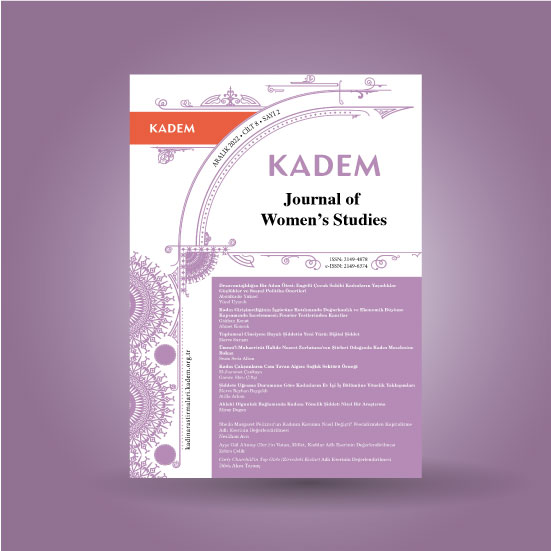KADEM Visited the Temporary Accommodation Centres in Which Refugees Live
14 May 2017
Women and Democracy Association (KADEM) visited the temporary accommodation centres as part of the “Refugee Women Socioeconomic Integration Centre” project.
The “Refugee Women Socioeconomic Integration Centre” project, the implementation of which had started within the scope of the protocol signed in February 2017 between the Women and Democracy Association (KADEM) and Disaster and Emergency Management Center (AFAD), proceeds at full speed. Within the scope of the “Refugee Women Socioeconomic Integration Centre” project, the KADEM project team consisting of KADEM Board Member Sezen Güngör, project researcher Assoc. Prof. Dr. Yusuf Adıgüzel, project coordinator Fırat Polat, KADEM experts Zelal Günel and Zeynep Yapar, along with AFAD officials, visited the temporary accommodation centres in which the refugees reside.
Within the scope of the 3-day visit carried out by the project team, the Harran and Suruç temporary accommodation centres in Şanlıurfa, the Nizip 1, Nizip 2 and Islahiye 1 temporary accommodation centres located in Gaziantep, the Elbeyli temporary accommodation centre located in Kilis, and the Altınözü temporary accommodation centre in Hatay were visited, and the conditions were analysed. The aim of these visits was to obtain an onsite view so as to examine the integration efforts implemented by AFAD, which has been carrying out intensive and comprehensive work with regards to the refugees for the last 5 years, and help the “Refugee Women Socioeconomic Integration Centre” which was established in Istanbul in carrying out more successful work.
During the visits, information was obtained from camp officials on the progress of the camps as of the day on which they were established, their latest condition, and the education, health, social services and economic activities intended for women. The project team was able to obtain an onsite view of the education areas, social areas and work areas during the visit, while establishing direct contact with women living there. At the same time, the project team was invited to visit the living spaces of certain families. They got the opportunity to directly observe the latest conditions of the refugee women living inside the camp, and to listen to their problems and requests.



